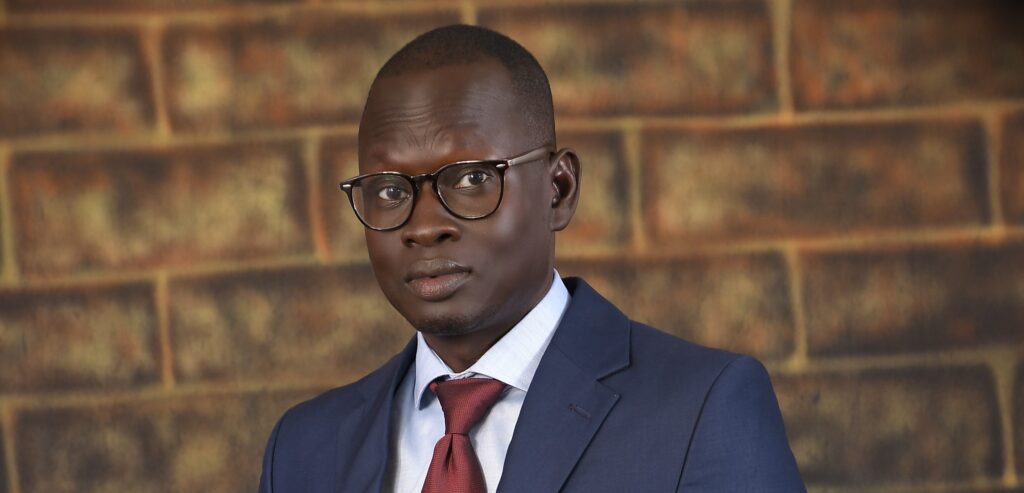South Sudan, as a newly independent nation grappling with state-building and democratic aspirations, can learn crucial lessons from other developing countries. These lessons often highlight the complexities and potential pitfalls, as well as strategies for fostering stable and inclusive governance.
One lesson pertains to the critical role of robust legal and institutional frameworks in conducting credible elections. The experience of Kenya, for instance, underscores that periodic elections alone do not guarantee sustainable democracy. Instead, sound constitutional, legal, and administrative reforms, coupled with a strong institutional framework, are essential.
For South Sudan, this translates to the urgent need for a comprehensive and well-defined electoral law, beyond the proposed 2023 amendment bill, and the establishment of the National Election Commission(NEC) that is genuinely independent and adequately resourced. The challenges faced by South Sudan’s electoral institutions, indicate that their independence and capacity are critical for development.
Another vital lesson concerns the management of political transitions and the prevention of electoral violence. History shows that power struggles preceding elections can be a significant source of conflict, as seen in South Sudan itself, where fighting since mid-December 2013 was entrenched in a power struggle ahead of the previously scheduled 2015elections.
Other developing nations have demonstrated that a commitment to peaceful power transfer and strong mediation are necessary to de-escalate tensions during electoral cycles.
The United Nations Mission in South Sudan (UNMISS) has a role in reducing local and sub-national violence. Still, true peace requires a transformation of the country’s militarized governance and political economy. This transformation could be facilitated by credible elections that offer a legitimate path to power, thereby reducing the incentive for armed conflict.
The integration of diverse populations and the avoidance of ethnic fragmentation present another key learning point. South Sudan, like many post-colonial states, inherited institutional legacies that complicate citizenship and the management of diverse ethno-cultural and religious groups.
The failure to build a democratic polity by resorting to ethnic federalism can divide a country along ethnic lines and hinder the emergence of a unified national identity.
Therefore, electoral systems must be carefully designed to promote inclusivity and representation without exacerbating divisions. Lessons from nations that have successfully managed diversity through inclusive governance, such as South Africa, offer valuable insights for South Sudan.
Furthermore, economic governance and equitable resource distribution are paramount for democratic stability. The post-independence political elites in Sudan (and by extension, South Sudan) adopted practices that led to inequitable wealth distribution, serving only the interests of the rulers and contributing to conflict.
Other developing nations have demonstrated that transparent and accountable management of national resources, coupled with policies that ensure equitable distribution of benefits, can significantly reduce grievances and strengthen state legitimacy. This is particularly relevant for South Sudan, given its wealth, where citizen participation in natural resource governance is crucial to ensuring they contribute to development rather than conflict.
Finally, the sequencing and the pacing of democratic reforms are crucial. Rushing into elections without addressing fundamental issues such as security sector reform, national reconciliation, and institutional capacity building can be counterproductive.
The case of South Sudan suggests that while elections are a lofty aspiration for democracy, the country’s fragile socio-politico-economic structures must be considered. Lessons from nations that have pursued gradual and sequenced reforms, building consensus and capacity over time, highlight the importance of a realistic timeline and robust preparatory measures. This includes investing in comprehensive civic education to prepare citizens for democratic participation, ensuring they understand the importance of elections, their rights, and responsibilities.
Empowered deliberative democracy, potentially facilitated by intermediaries, can foster bottom-up participation and informed discussions on local problems, which are vital for a healthy democracy.
In summary, South Sudan can learn from the experiences of other developing nations that democratization is a complex, long-term process requiring not just the conduct of elections but also the simultaneous development of strong, independent institutions, a commitment to equitable governance, inclusive political processes, and a societal consensus on democratic values. The path to democratic immortality for South Sudan will be long and arduous, necessitating careful consideration of these lessons to build a resilient and legitimate state.
The writer, Leek Daniel, is a media specialist and development practitioner. He can be reached via email leek2daniel@gmail.com
The views expressed in ‘opinion’ articles published by Radio Tamazuj are solely those of the writer. The veracity of any claims made is the responsibility of the author, not Radio Tamazuj.




